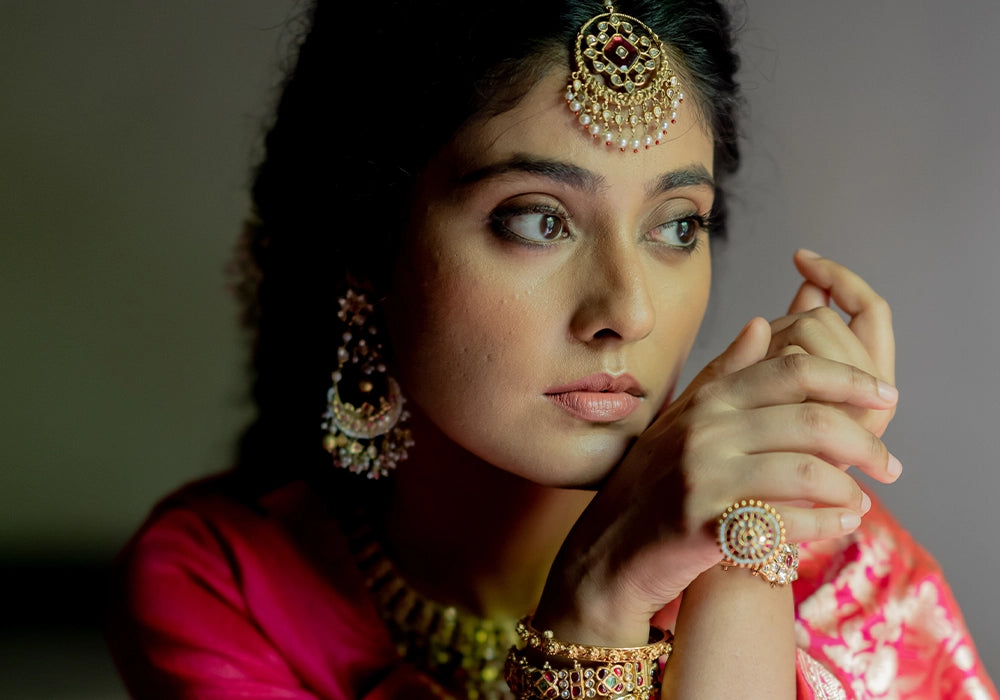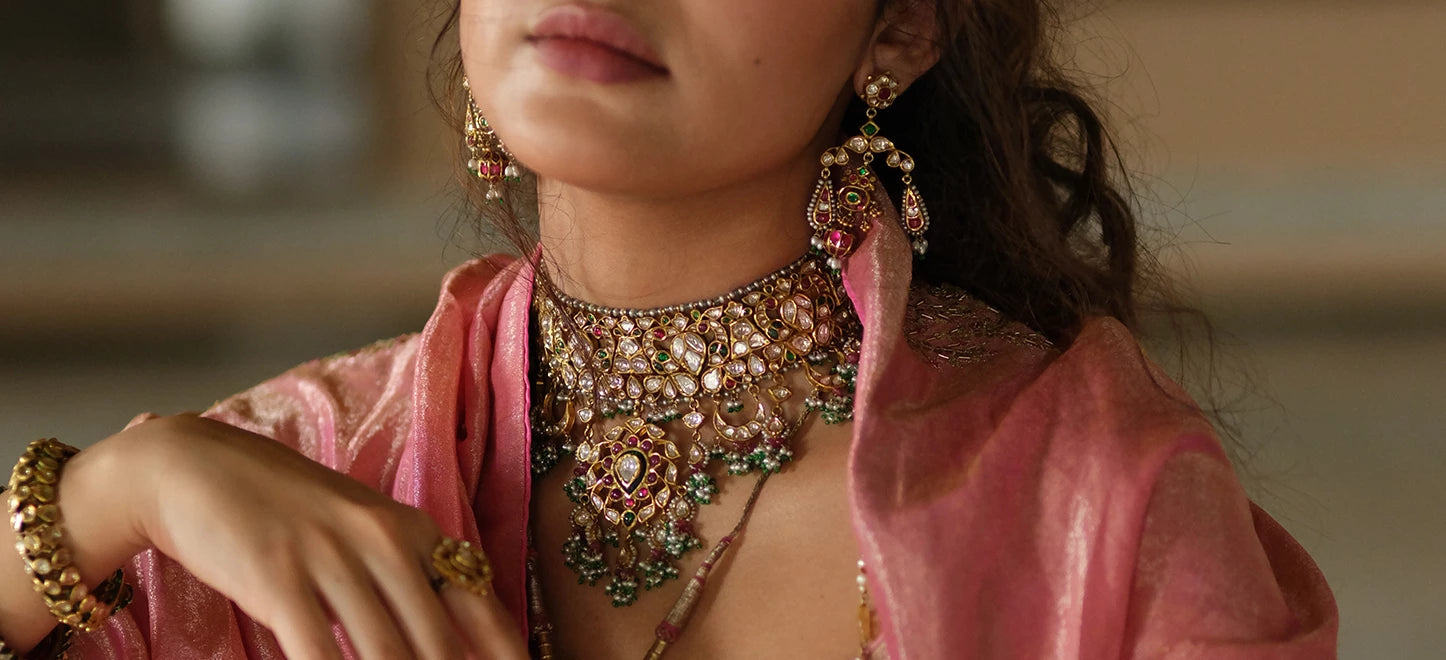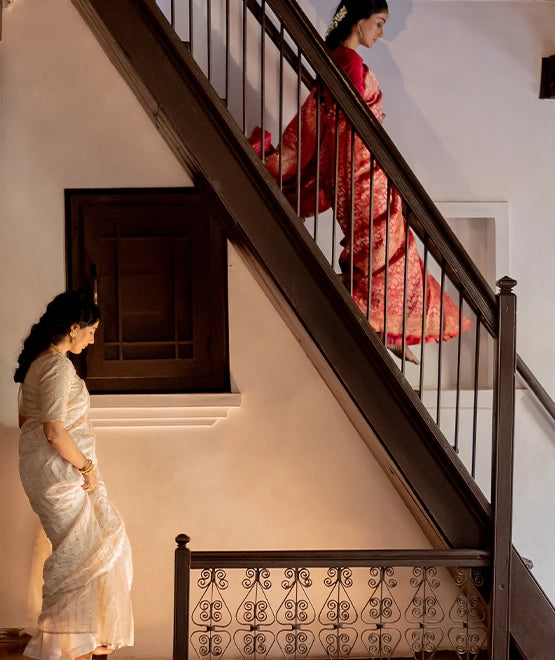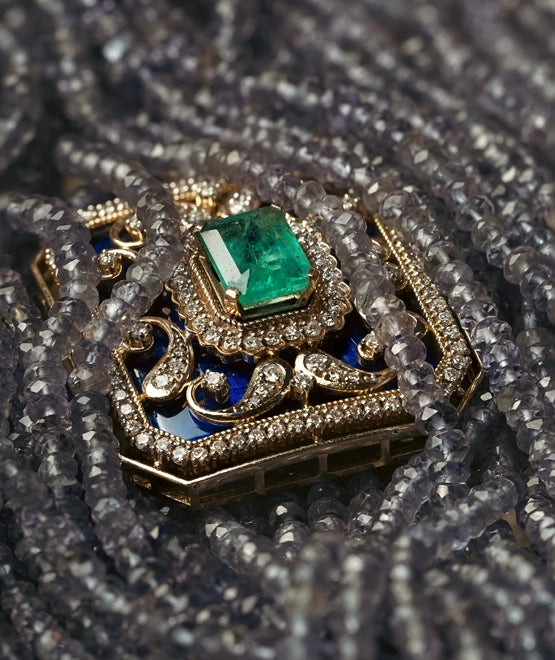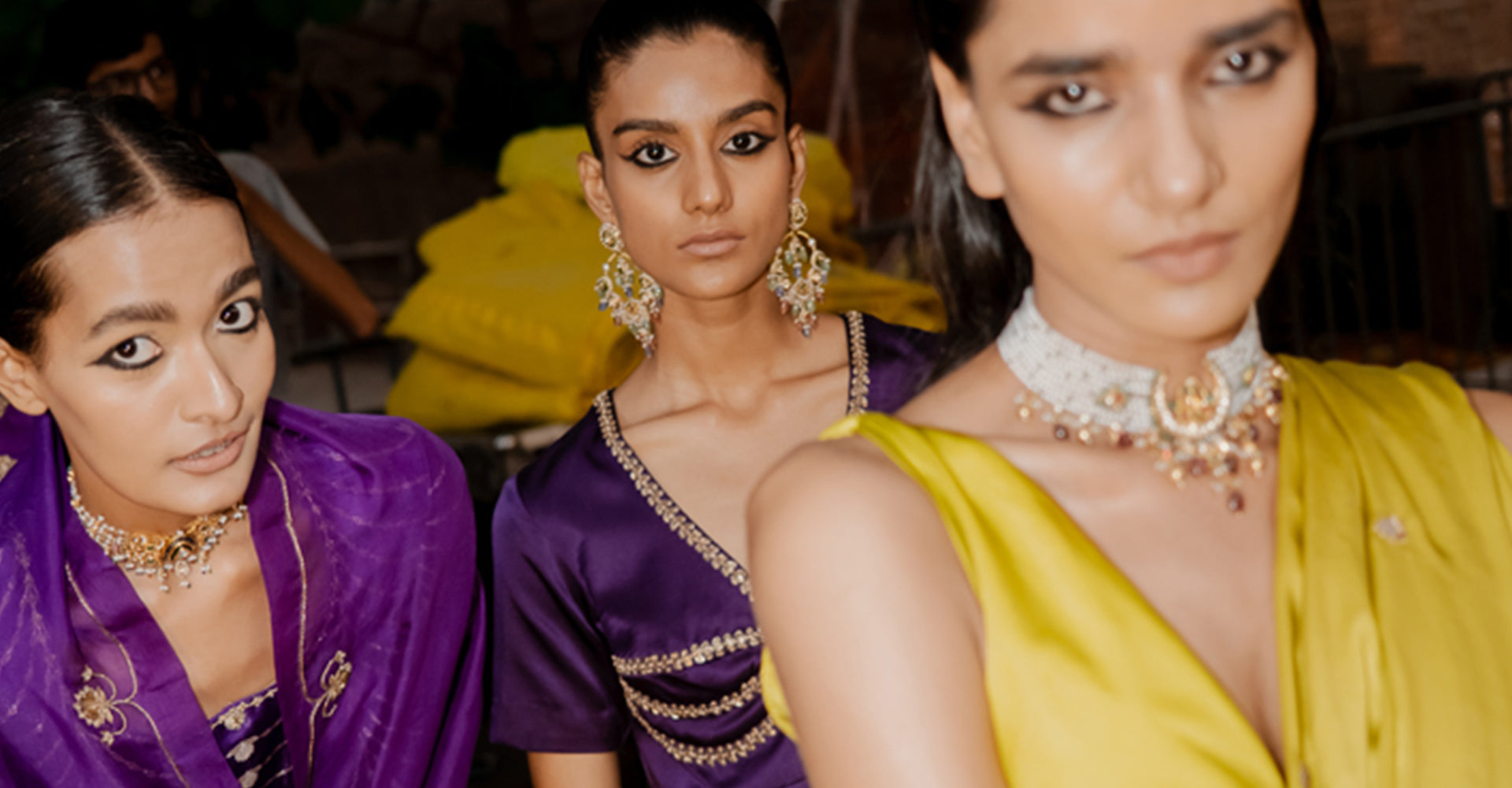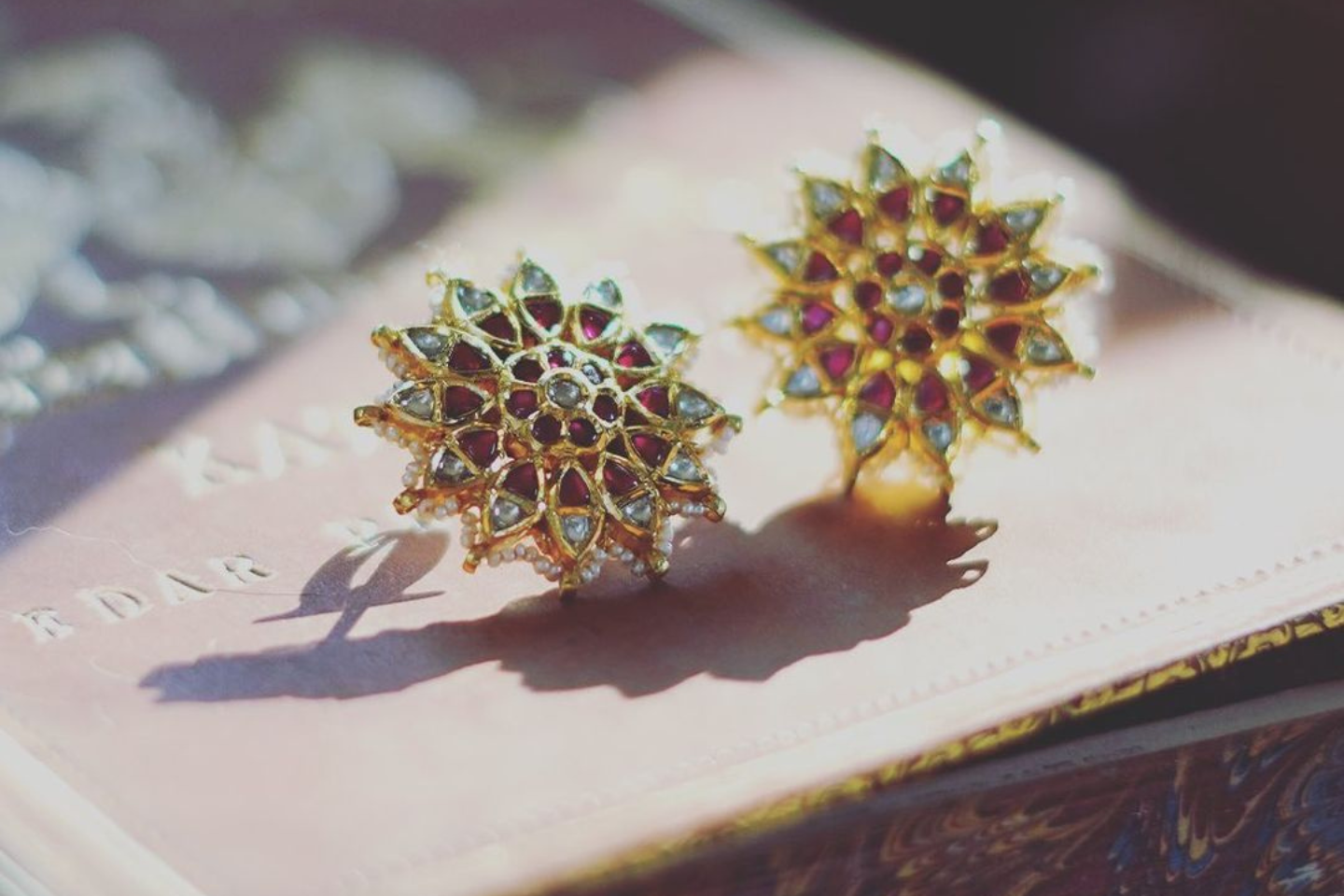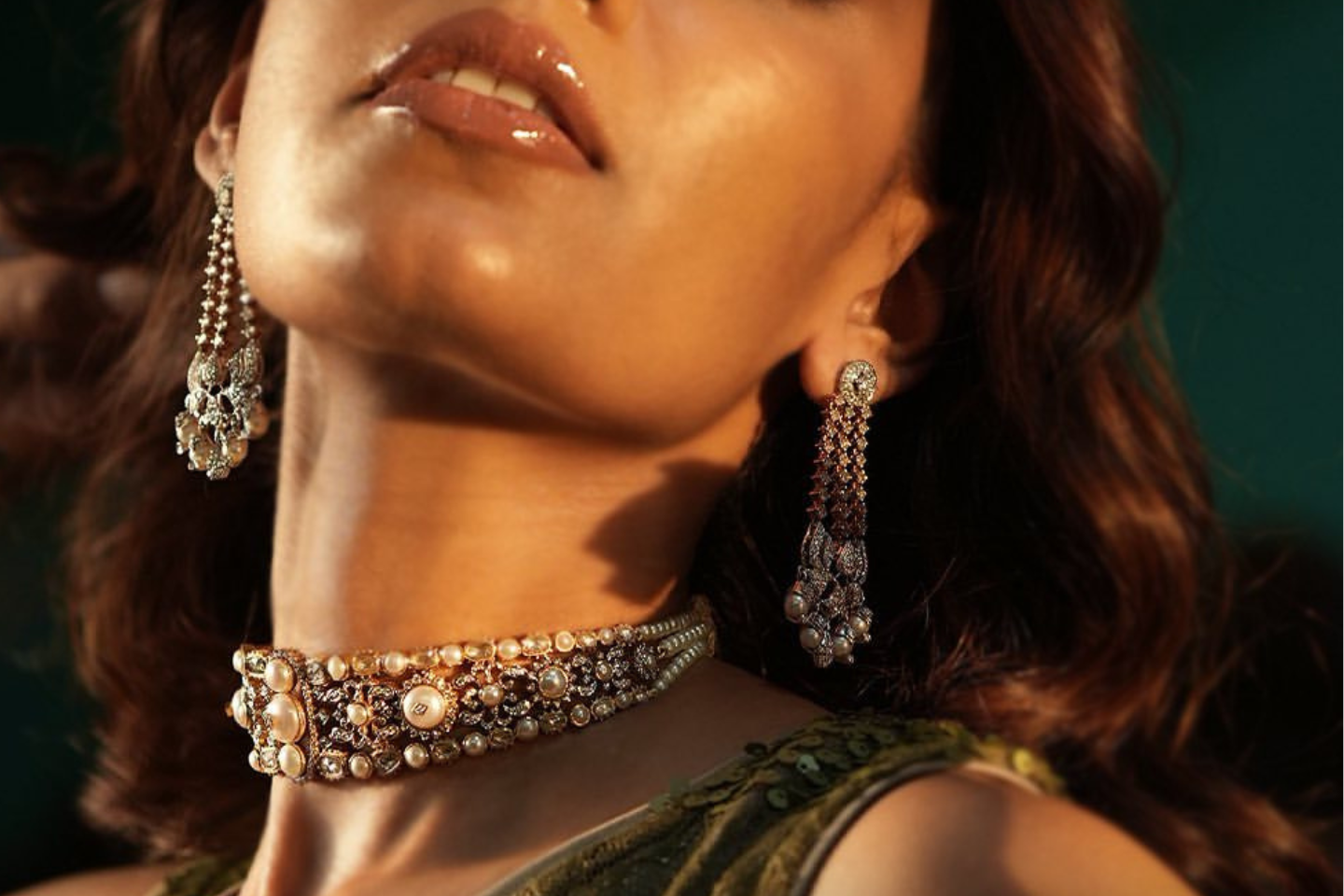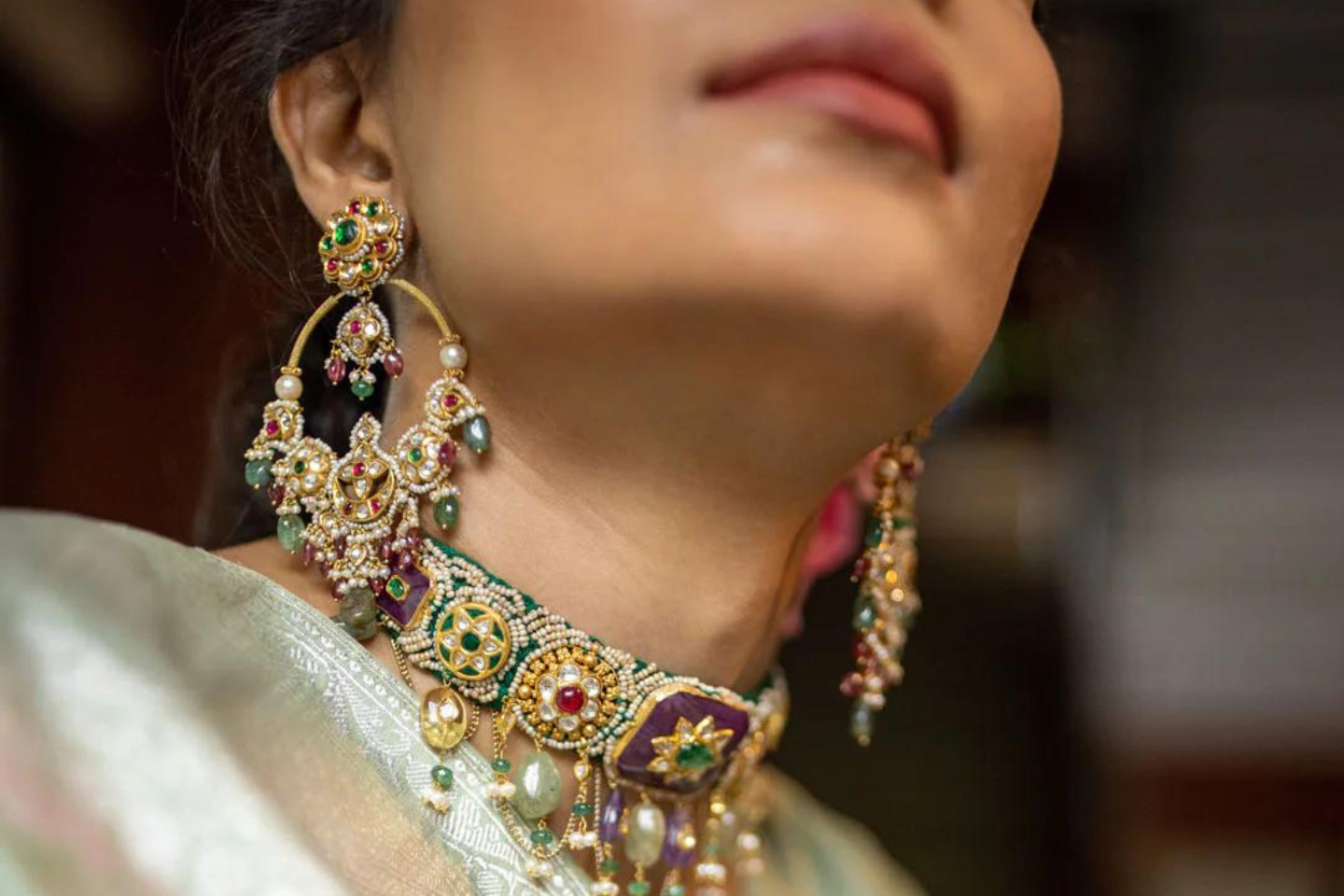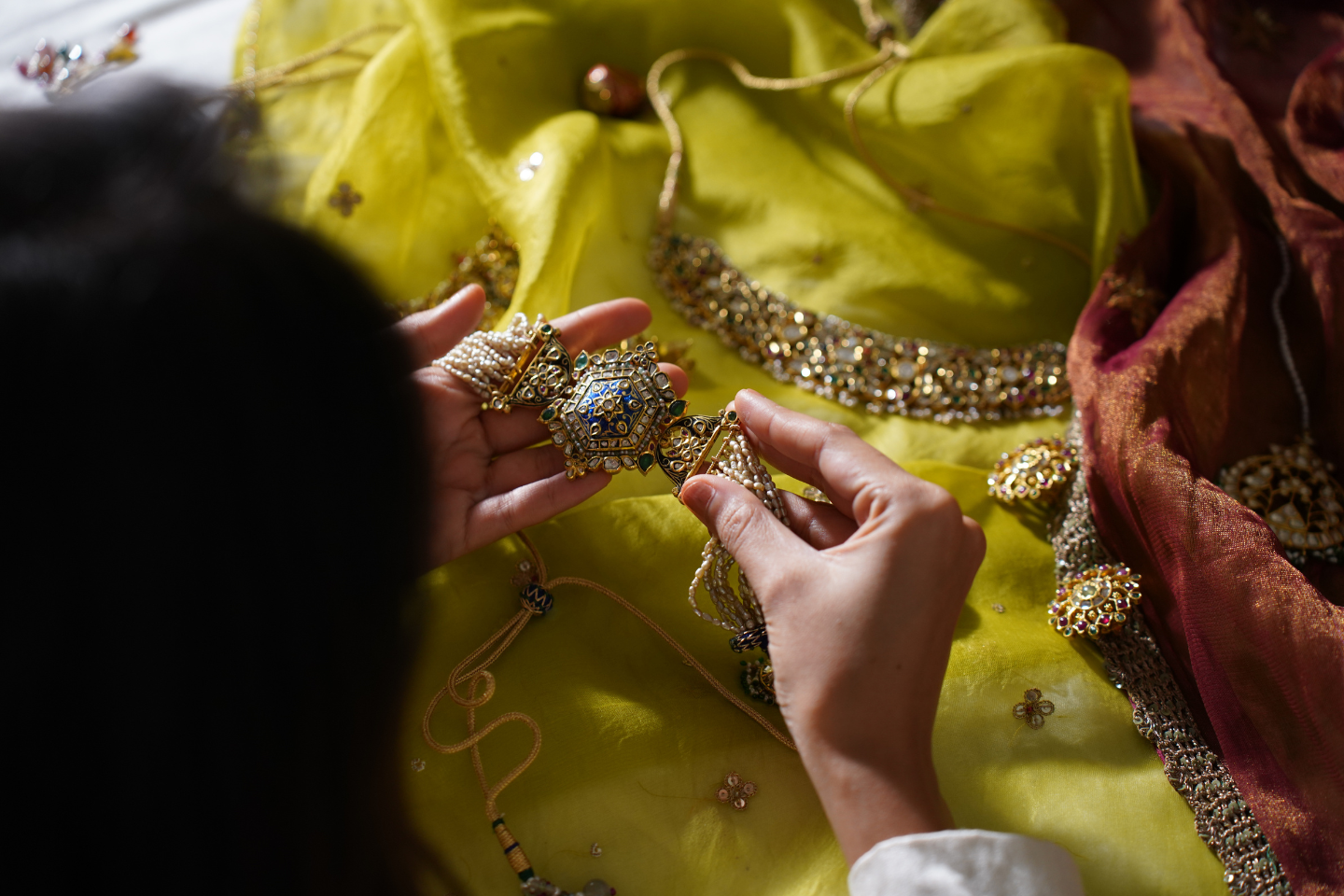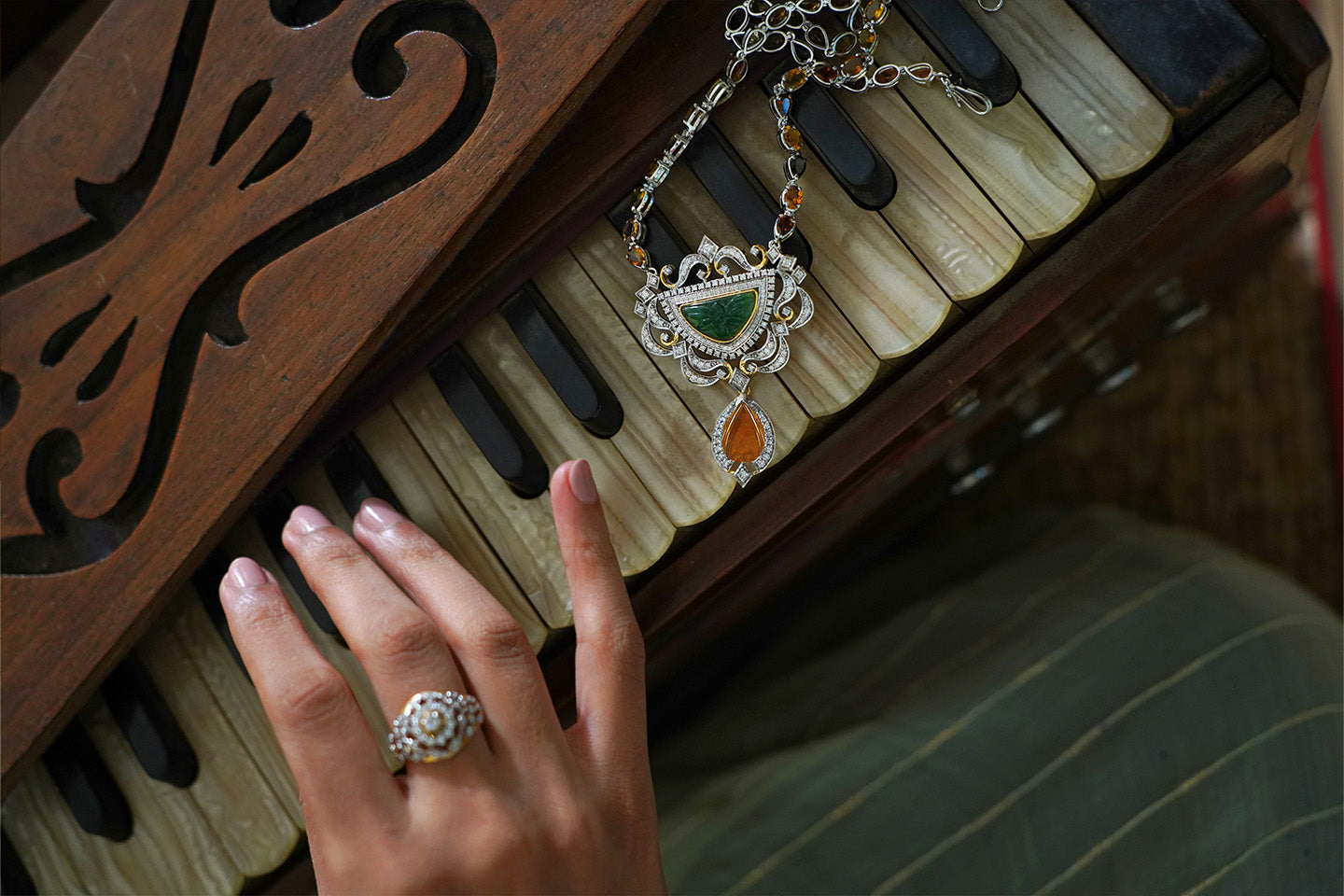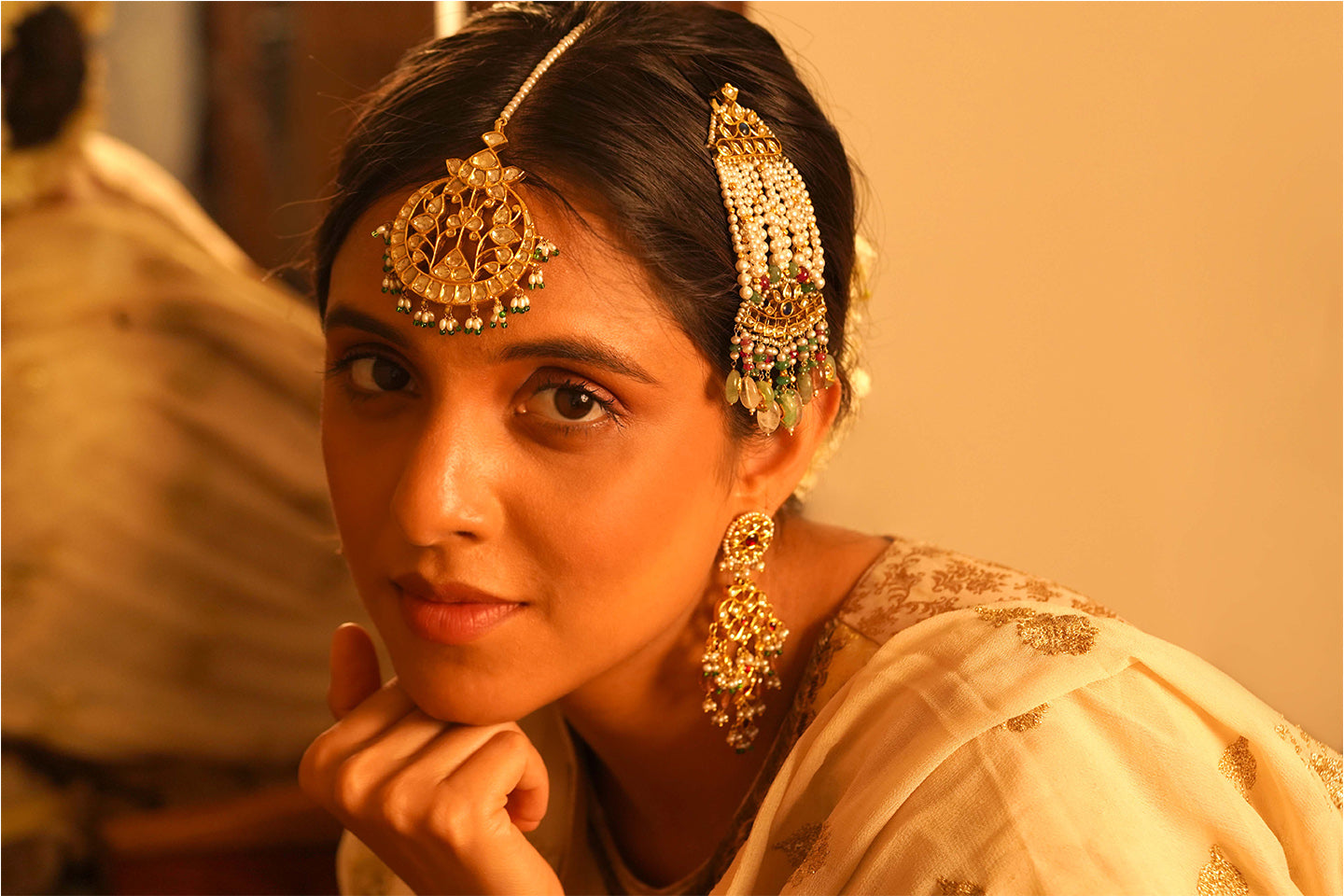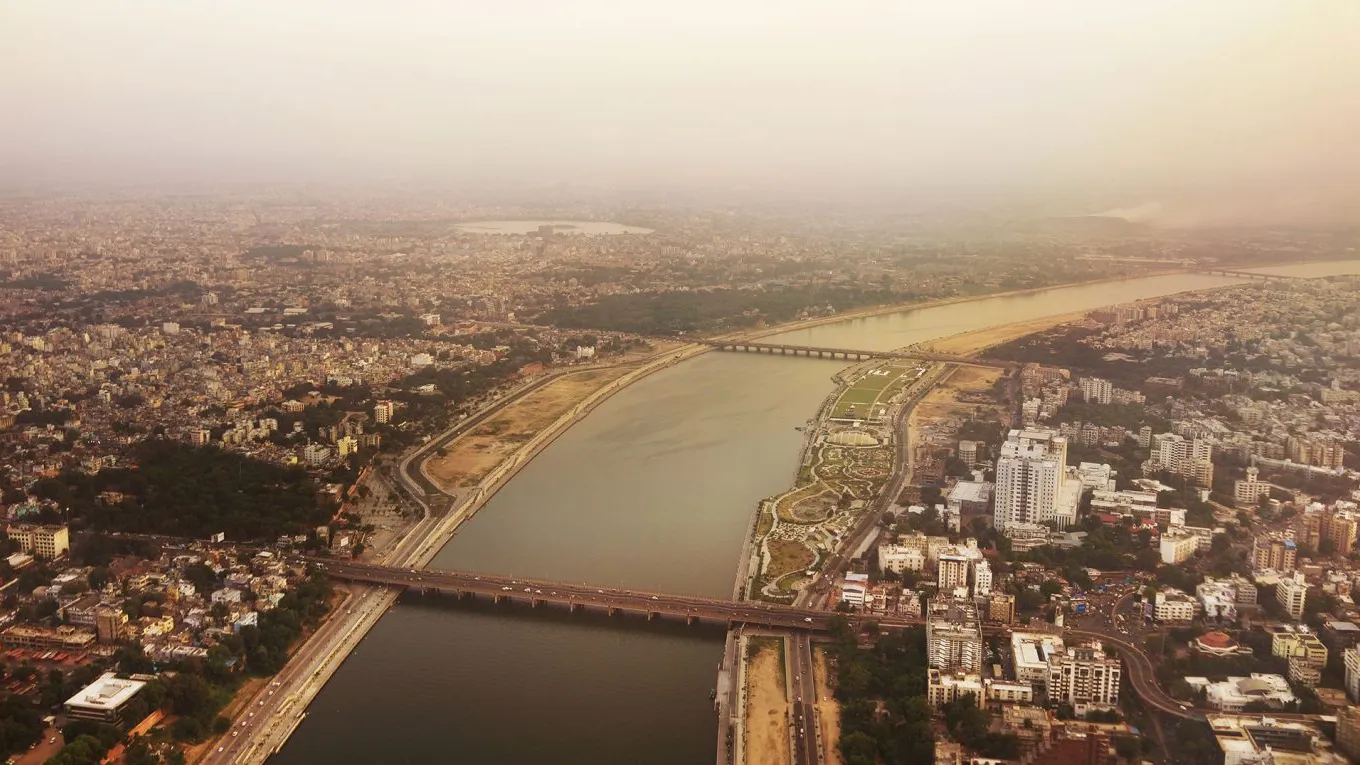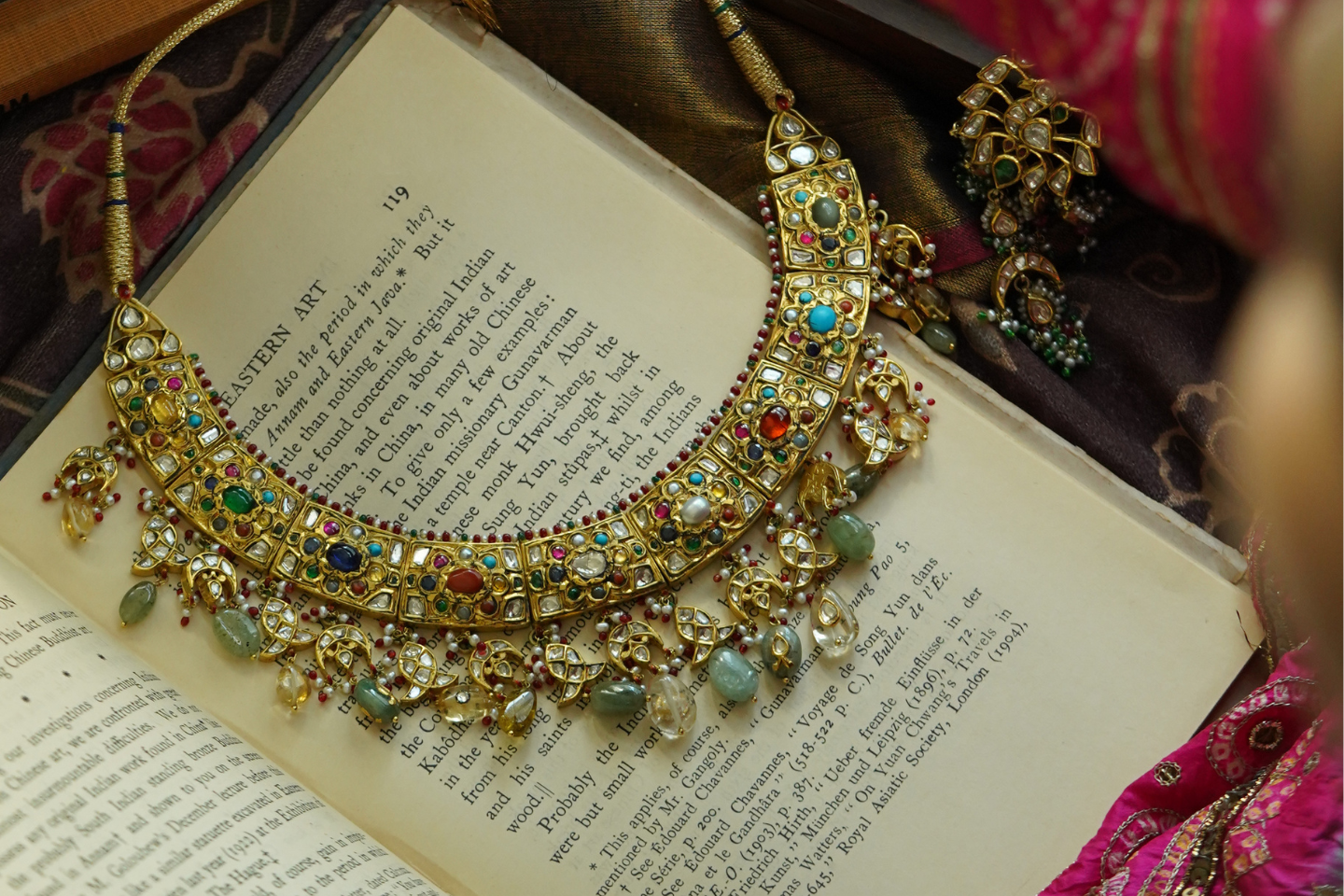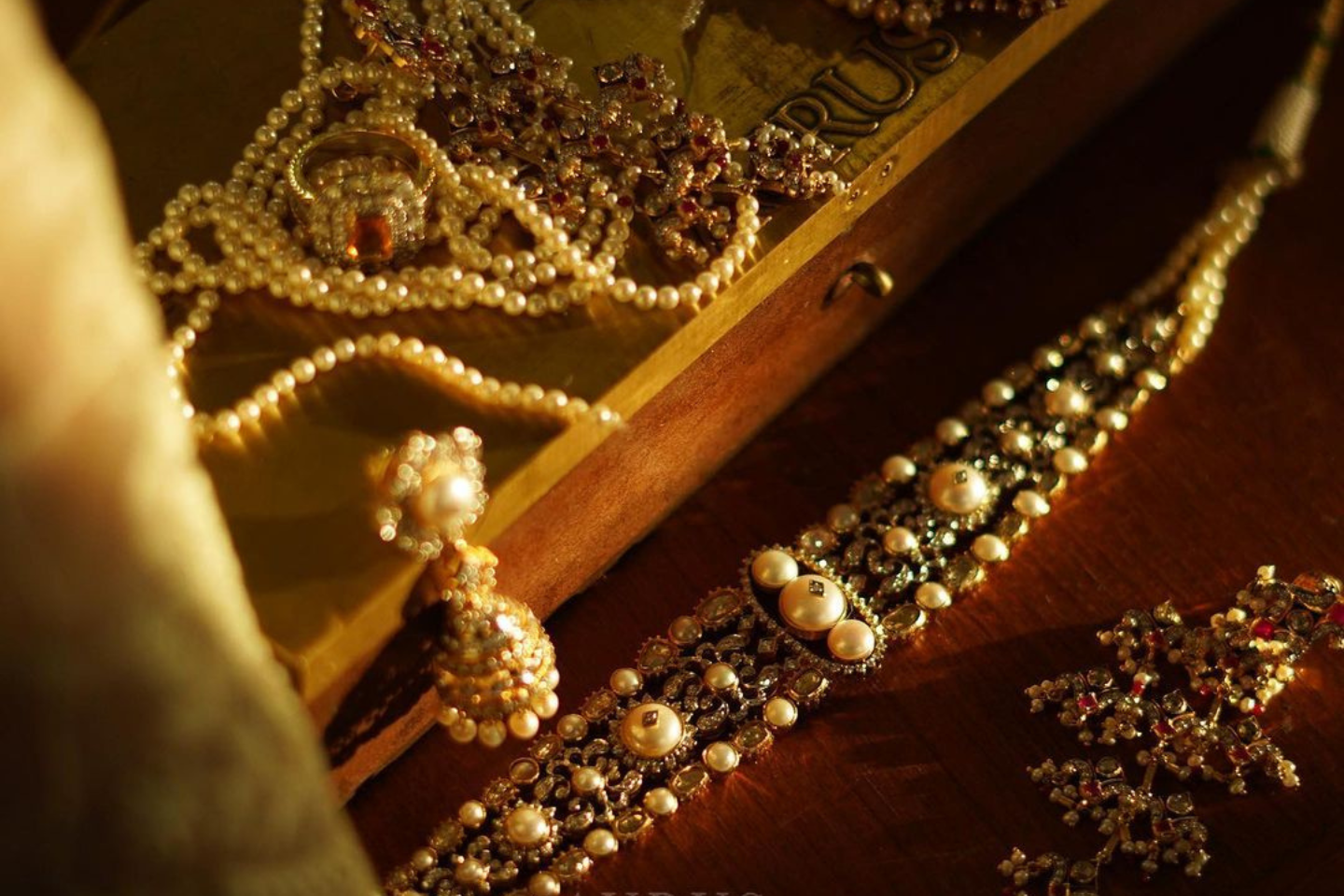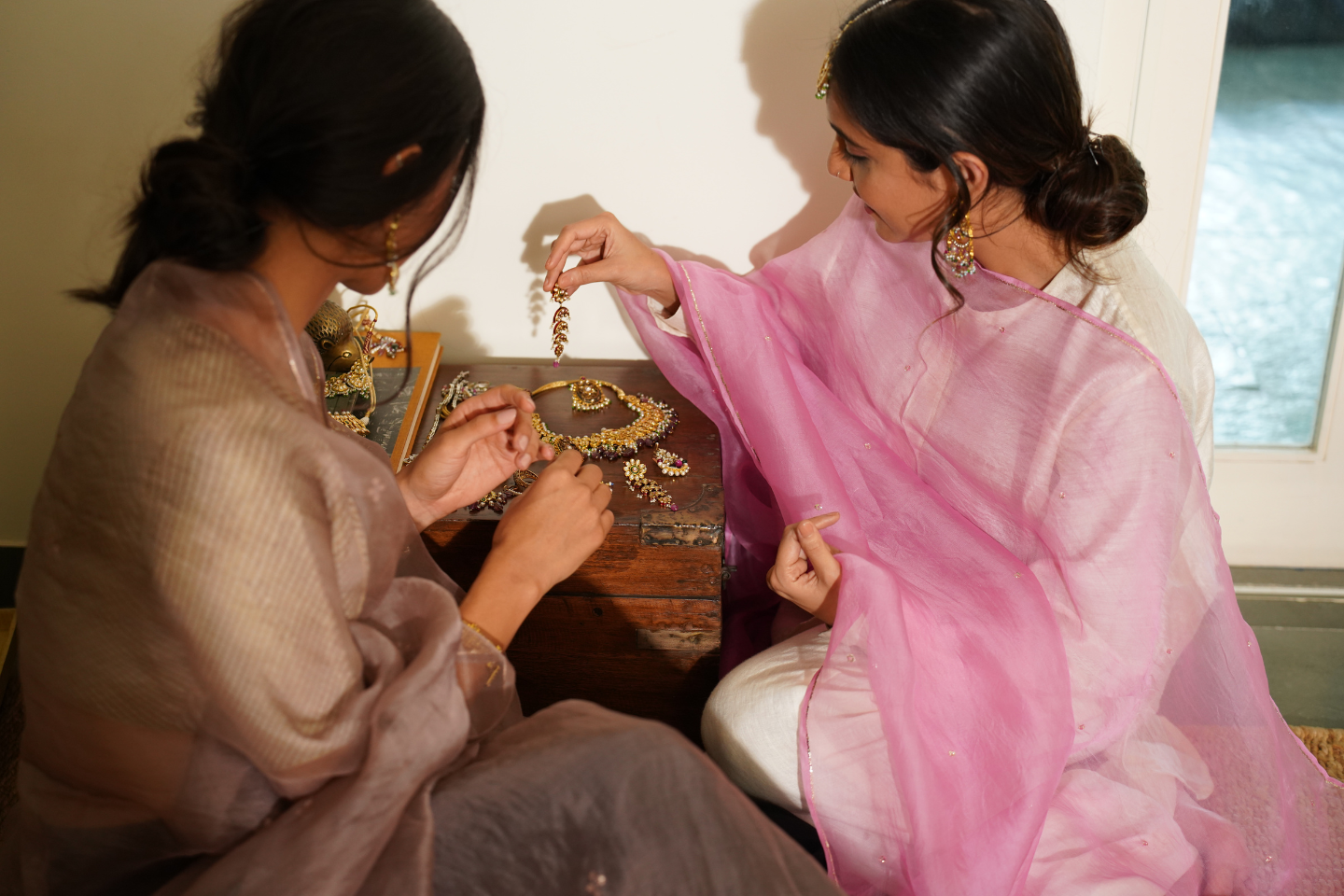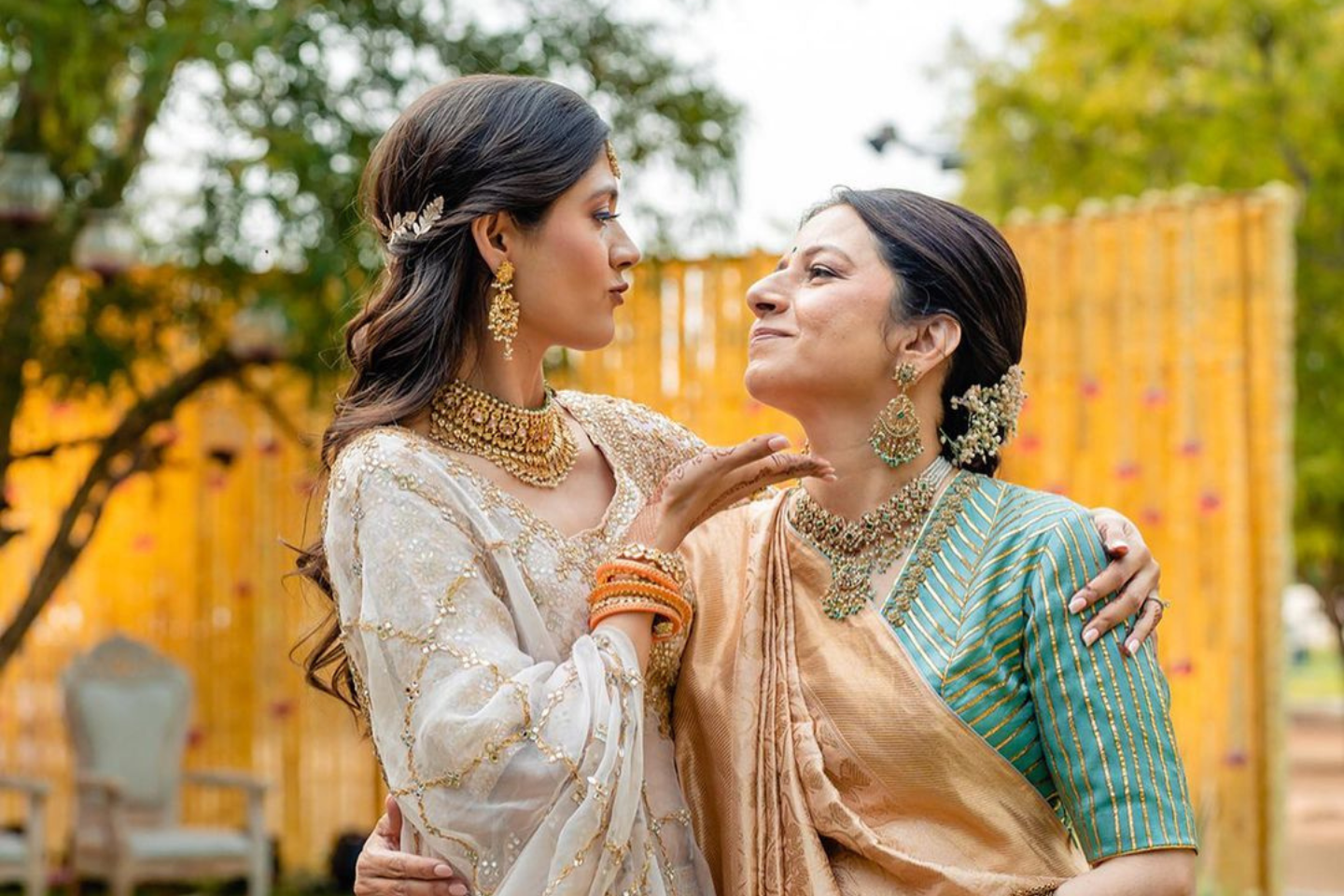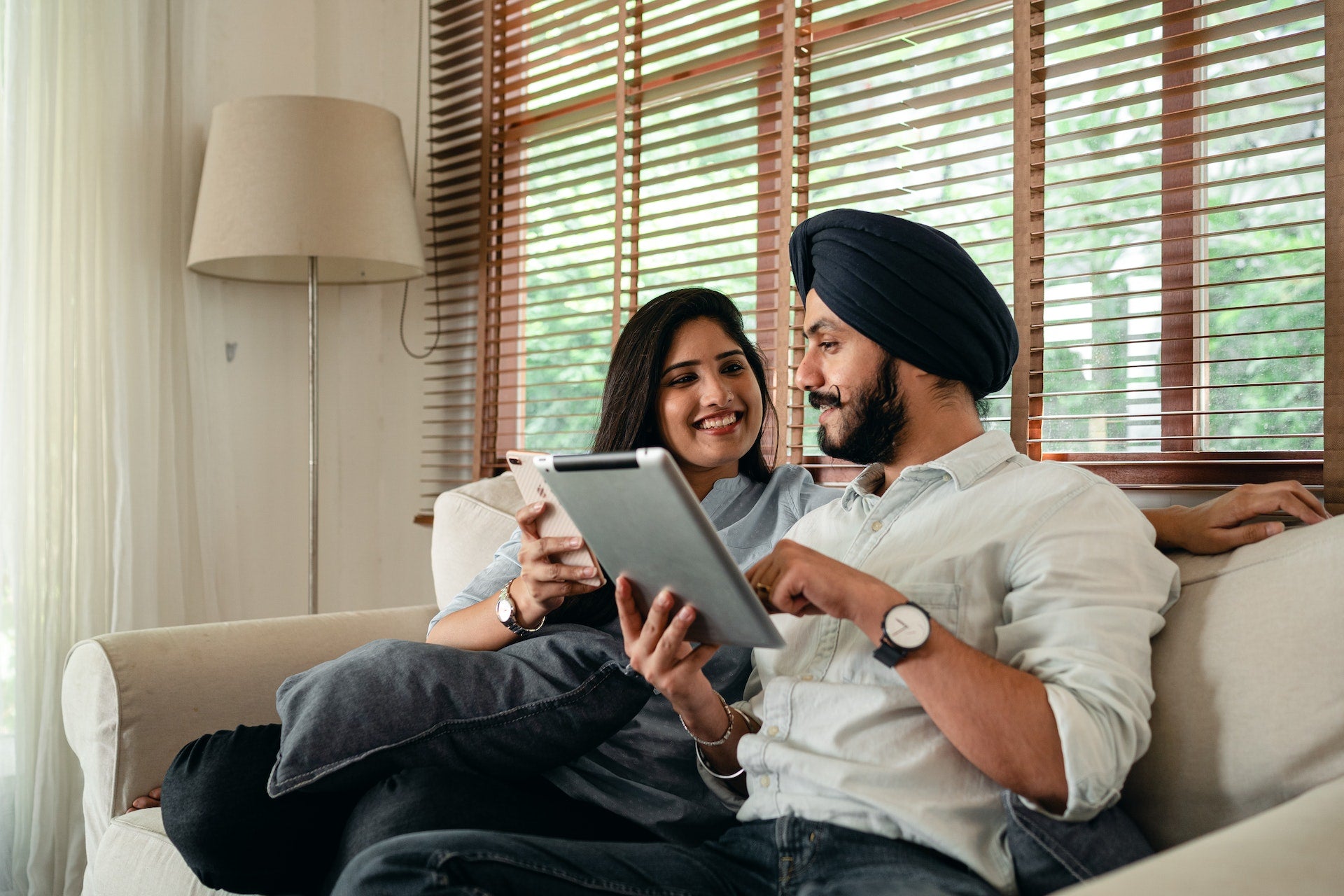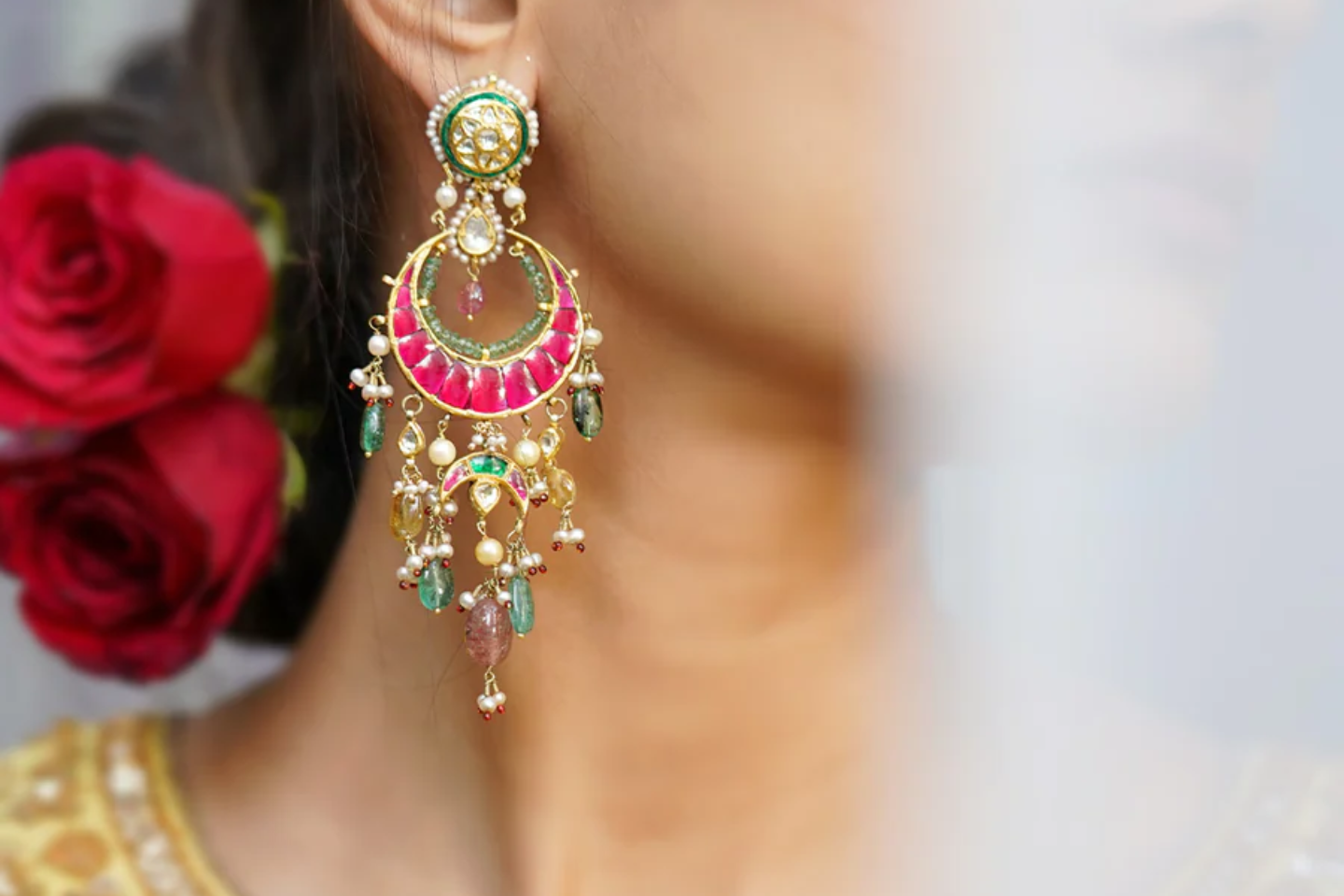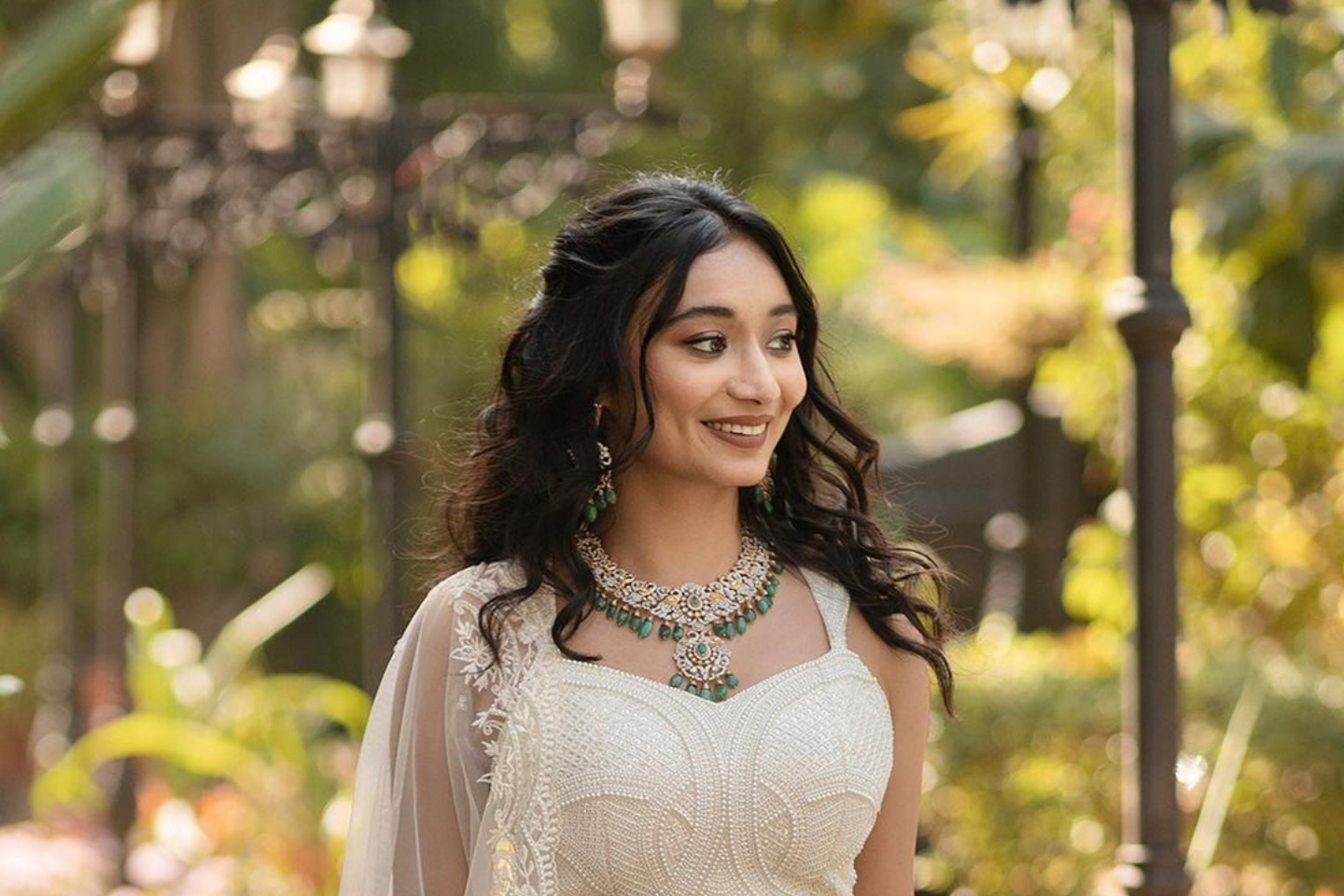Imagine attending an Indian wedding—say, the wedding of a cousin or a close friend of yours. What's the first and most exciting moment that you can picture? The decorations? The food? The guests? The venue? We're guessing not.
It is very likely that the first thing that you probably pictured is either the dancing baraatis, the sangeet performance, or the DJ at the reception. Regardless of which of these it was, the fact that you were able to visualize any of them in the first place may have a great deal to do with the presence of music in these events. And it is because music and dance are strongly intertwined with Indian weddings—and Indian culture in general.

Image courtesy: Pexels
What Music Is for Indian Culture
Music has a deep and rich history in India that is believed to date back more than 2000 years. For a number of reasons, including its historical and religious significance as well as its function in social and cultural practices, music is a significant aspect of Indian culture. It is commonly utilized to convey a variety of emotions, from happiness and festivity, such as in Indian weddings, to sadness and despair.
Cultural values and traditions can be passed down from one generation to the next through music. For instance, a lot of cultural activities, including traditional dances, incorporate music, which assists in preserving cultural identity and legacy. It is a ubiquitous language that can bridge cultural gaps and unite individuals of all backgrounds. It can help those who have a shared identity to feel a sense of connection and belonging.
Music and Indian Weddings: An Inseparable Bond

Image courtesy: Pexels
In India, music and dance play a significant role in everyday life, and weddings are no exception. In India, weddings are much more than simply a formal ceremony; they are a multi-day festival filled with customs and rituals. Each of these occasions includes a substantial amount of music and dance, which heightens the festive and joyful atmosphere.
There is a lot of music and dancing during the ceremonies and rituals leading up to the big day. The sangeet ceremony is one of the most prominent pre-wedding events. Both the bride's and the groom's families participate in this musical celebration. It's a night of dancing, music, and laughter, and it is frequently one of the wedding reception's most cherished moments. Traditional songs and dances are performed at the sangeet ceremony. It's a wonderful opportunity for the families to connect over music and dance and get to know one another.
The mehndi ceremony is another pre-wedding celebration that involves music and dance. It's typically a more private event that usually takes place in the homes of the bride and the groom individually. But these days, some families choose to have it together. To commemorate the forthcoming wedding, close relatives and friends join together to sing traditional songs and dance folk dances, such as giddha in Punjabi families and garba in Gujarati families.

Image courtesy: Wikimedia Commons
Even the wedding ceremony itself is a dancing and music spectacle. The baraat, when the groom and his family and friends ride up to the wedding location on a horse, is one of the most recognizable parts of an Indian wedding. The baraat is an impressive procession that features music and dance. In South Indian weddings, Carnatic music is typically played during the whole wedding ceremony, with special attention paid to the nadaswaram.
All these events and ceremonies have songs specifically for them, both folk songs specific to certain regions, such as the Punjabi folk song Mehendi ni Mehendi, or the classic Bollywood song, Aaj Mere Yaar Ki Shaadi Hai, that is played in literally every baraat! The folk songs, despite being old and highly traditional, still keep their own appeal, and the younger generations are very accepting of them since these Indian wedding songs are a way for them to discover their roots in an increasingly globalized world and stay in touch with their cultural authenticity.
Curating Your Own Indian Wedding Playlist
Indian weddings involve dance and music throughout, from the pre-wedding ceremonies to the post-wedding festivities. It gives relatives and friends a chance to get together and cheerfully and festively mark this wonderful event. These customs have been passed down from one generation to the next and are still a vital component of Indian society and culture.
Ever since the time music first became a part of Indian weddings, the list of Indian wedding special songs has been growing. And if you’re curating a wedding playlist for your own wedding (or a close one’s), you’d want to ensure that the songs are loved by almost everybody in the group. You can keep a mix of the classics, such as the iconic Punjabi Indian wedding folk songs that never grow old along with a handful of the latest Bollywood wedding-special tracks that come out every year that people recognize easily and move to spontaneously.

Image courtesy: Pexels
But how do you go about it? Doing it as a one-person army can seem pretty daunting. And it doesn’t have to be. The most straightforward and obvious first step is to ask your—you guessed it—your fiancé(e)! The day is going to be about the two of you and the bond between you two and you’d want the music to reflect that, wouldn’t you?
Another easy way to take the burden off of your shoulders is to directly ask for suggestions from your wedding guests. Well yes, this might only seem to make sense if your wedding is a closed, private event. Even if it's a grand one, you can still ask for suggestions from your closest circle and have a professional, if you’re working with one, incorporate those suggestions in the playlist.
One more solution, especially relevant today is creating online collaborative Indian wedding playlists. It is the age of technology, so why not make optimal use of it? You may make shared playlists on music streaming services like Spotify, which you can share with your friends and family and ask them to add their suggestions to them. Neat, right?
No matter the songs in your playlist, what would matter most is that everybody burns up the dance floor and has an absolute blast!
